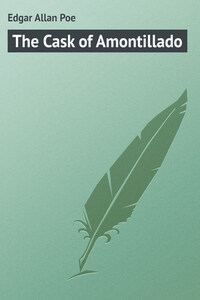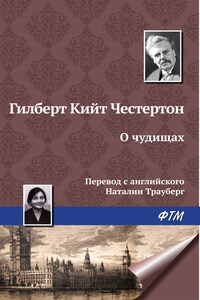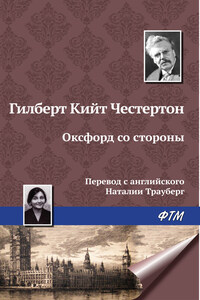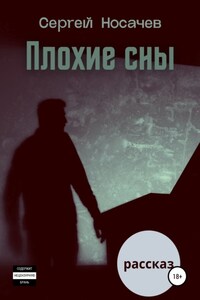Upon my return to the United States a few months ago, after the extraordinary series of adventure in the South Seas and elsewhere, of which an account is given in the following pages, accident threw me into the society of several gentlemen in Richmond, Va., who felt deep interest in all matters relating to the regions I had visited, and who were constantly urging it upon me, as a duty, to give my narrative to the public. I had several reasons, however, for declining to do so, some of which were of a nature altogether private, and concern no person but myself; others not so much so. One consideration which deterred me was that, having kept no journal during a greater portion of the time in which I was absent, I feared I should not be able to write, from mere memory, a statement so minute and connected as to have the appearance of that truth it would really possess, barring only the natural and unavoidable exaggeration to which all of us are prone when detailing events which have had powerful influence in exciting the imaginative faculties. Another reason was, that the incidents to be narrated were of a nature so positively marvellous that, unsupported as my assertions must necessarily be (except by the evidence of a single individual, and he a half-breed Indian), I could only hope for belief among my family, and those of my friends who have had reason, through life, to put faith in my veracity – the probability being that the public at large would regard what I should put forth as merely an impudent and ingenious fiction. A distrust in my own abilities as a writer was, nevertheless, one of the principal causes which prevented me from complying with the suggestions of my advisers.
Among those gentlemen in Virginia who expressed the greatest interest in my statement, more particularly in regard to that portion of it which related to the Antarctic Ocean, was Mr. Poe, lately editor of the Southern Literary Messenger, a monthly magazine, published by Mr. Thomas W. White, in the city of Richmond. He strongly advised me, among others, to prepare at once a full account of what I had seen and undergone, and trust to the shrewdness and common sense of the public – insisting, with great plausibility, that however roughly, as regards mere authorship, my book should be got up, its very uncouthness, if there were any, would give it all the better chance of being received as truth.
Notwithstanding this representation, I did not make up my mind to do as he suggested. He afterward proposed (finding that I would not stir in the matter) that I should allow him to draw up, in his own words, a narrative of the earlier portion of my adventures, from facts afforded by myself, publishing it in the Southern Messenger under the garb of fiction. To this, perceiving no objection, I consented, stipulating only that my real name should be retained. Two numbers of the pretended fiction appeared, consequently, in the Messenger for January and February (1837), and, in order that it might certainly be regarded as fiction, the name of Mr. Poe was affixed to the articles in the table of contents of the magazine.
The manner in which this ruse was received has induced me at length to undertake a regular compilation and publication of the adventures in question; for I found that, in spite of the air of fable which had been so ingeniously thrown around that portion of my statement which appeared in the Messenger (without altering or distorting a single fact), the public were still not at all disposed to receive it as fable, and several letters were sent to Mr. P. ’s address, distinctly expressing a conviction to the contrary. I thence concluded that the facts of my narrative would prove of such a nature as to carry with them sufficient evidence of their own authenticity, and that I had consequently little to fear on the score of popular incredulity.
This exposé being made, it will be seen at once how much of what follows I claim to be my own writing; and it will also be understood that no fact is misrepresented in the first few pages which were written by Mr. Poe. Even to those readers who have not seen the “Messenger,” it will be unnecessary to point out where his portion ends and my own commences; the difference in point of style will be readily perceived.
A. G. Pym.
New York, July, 1838












